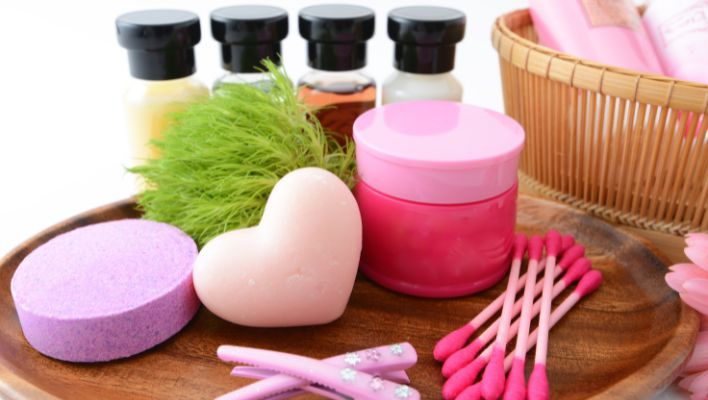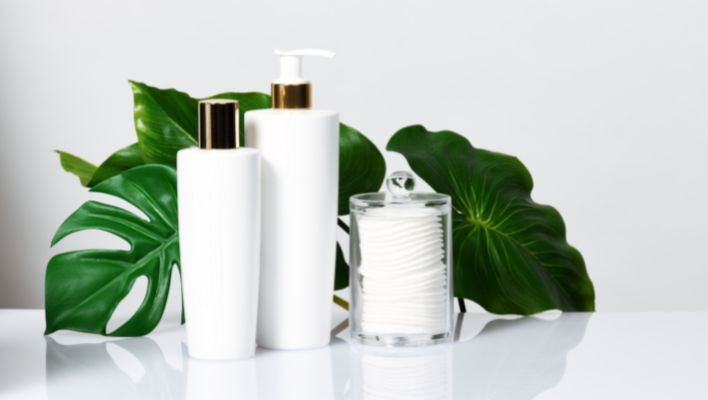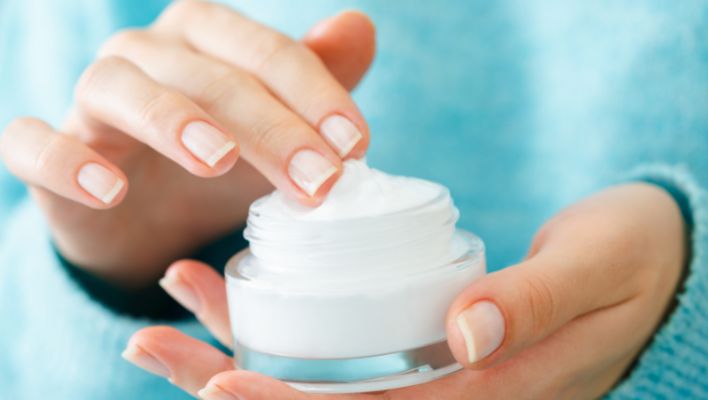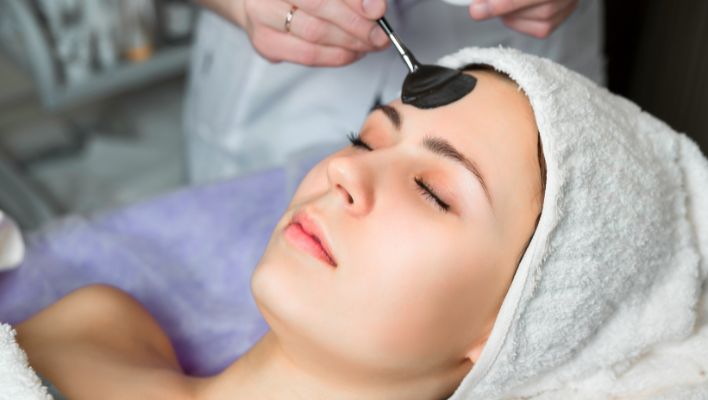Having healthy skin is important for looking and feeling your best. Skin care is not about just applying products to your face. Rather, it’s about following basic principles of skin care that will promote healthy skin and prevent damage. In fact, skin care is one of the most important aspects of maintaining a healthy and youthful appearance.
While everyone’s skin is unique, following these 5 basic principles can allow you to develop a regimen that brings you closer to reaching your skin care goals.

The 5 Basic Principles of Skin Care
Using the basic principles of skin care can admittedly help you to take care of any skin type. Some of these principles include Exfoliation, Cleansing, and Moisturizing. It is also very essential to protect your skin from the sun.
Cleansing

Keeping your skin clean is one of the most basic principles of skin care. Cleansing can remove dirt, oil, and makeup. It also helps to maintain proper hydration.
The best way to cleanse your skin is to use a gentle face wash that doesn’t contain harmful chemicals. You should also avoid over-washing your face. This can lead to breakouts.
Tone: A toner is another way to cleanse your skin. This removes excess oil and prepares your skin for the next step. Toning helps to balance the skin’s pH and remove any traces of oil or dirt that may have been left behind after cleansing. It also helps to reduce redness and irritation. You can use a toner on its own or add it to your cleansing regimen.
In general, you should cleanse your skin at least twice a day. In the morning, you should use a gentle cleanser and moisturize; in the evening, you should use a rich night cream
Moisturizing

Keeping your skin hydrated is one of the most critical steps in maintaining health and beauty. Drinking enough water is an easy way to help your skin maintain a healthy glow. Another way to moisturize your skin is to use topical sunscreen. Not only does this help protect your skin from harmful UV rays, but it also provides a pleasant skin feel.
Moisturizers are typically filled with antioxidants, minerals, vitamins, and lipids. They also help boost skin barrier function and prevent water loss through the skin.
Many modern moisturizers also include humectants, which lock in body water. These include hyaluronic acid, sorbitol, and propylene glycol. These humectants are commonly used in moisturizers, but many other options exist.
The best way to determine what moisturizers are best for you is to consider your skin type. You may need more moisture, a lighter moisturizer for dry skin, or a thicker moisturizer for oily skin.
In the modern world, skin care is more than cleansing and moisturizing. The cosmetic and pharmaceutical industry offers various products and procedures to keep your skin looking its best.
Protecting

Using sunscreen is one of the best ways to protect yourself from the sun. It is essential to apply sunscreen regularly. You should also wear protective clothing and a hat when you are outside.
The sunscreen you use should have an SPF of at least 30 and should be water-resistant. You should reapply it every two hours. It is best to apply sunscreen to all exposed skin, especially the head, ears, and neck.
The sun’s rays are strongest between 10:00 AM and 4:00 PM. The sun’s intensity can be reduced by wearing UV-blocking sunglasses. The best sunglasses are wrap-around. They also help protect your eyes from the sun.
A note for sensitive skin types: Wear long-sleeved clothing. Light-colored clothing is more likely to allow the sun’s rays to penetrate. Please wear clothing with a loose weave to avoid exposure. You should also choose fabrics that are tightly woven.
Wear a hat, sunglasses, and protective clothing. Sunglasses are essential, as they protect your eyes from UV rays. They are also beneficial in helping to reduce your risk of cataracts and other eye-related conditions.
Exfoliation

Exfoliation is a proven method to get rid of dead skin cells. It can be beneficial for all skin types, but it can be especially beneficial for dry skin. It depends on how often you exfoliate. Using an exfoliator is an integral part of maintaining smooth, glowing skin. Exfoliation helps clear clogged pores and improves the penetration of skincare products. It can also help reduce the appearance of fine lines and age spots.
Exfoliation can be done in many different ways. For example, you can use a physical exfoliator to remove dead skin cells by scrubbing them with a bristle brush or razor. Or you can use a chemical exfoliator, which uses a solution of acids to dissolve dead skin.
Chemical exfoliation involves using acids, typically retinoids, which loosen the bonds that hold skin cells together. These acids are gentle and are less likely to irritate. You can find chemical exfoliants in most beauty stores. However, you may want to visit a dermatologist to learn more about chemical exfoliation.
Those who use an exfoliating product can also help prevent breakouts. If you have acne, you may use an exfoliating product with salicylic acid. The acid unclogs pores and gives your skin a fighting chance against breakouts.
Treat
It’s important to treat any skin issues such as acne, wrinkles, or dark spots. This can be done through the use of topical treatments or other aesthetic treatments such as chemical peels or laser treatments. But, If you have oily skin you may use a treatment that targets blemishes or controls the excess oil production.
Common FAQs about Principles of Skin Care
1. What types of exfoliation are best?
Depending on your skin type, there are many options for exfoliating. Physical exfoliants include scrubs, brushes, and sponges, while chemical exfoliants include AHAs and BHAs.
2. How often should I use sunscreen?
Sunscreen should be applied every day, regardless of the weather or season. Make sure to use a broad-spectrum sunscreen with an SPF of at least 30.
3. What skin care products should I use?
Look for products that are specifically formulated for your skin type and any skin concerns you may have. Avoid harsh ingredients, and look for products that are free of fragrances and dyes.

